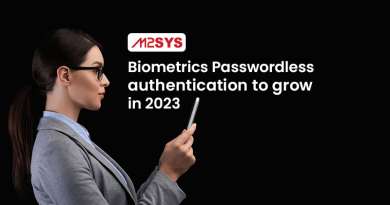Survival Linked to a Central Biometric Registry At Malawi
From having no national ID system in 2017 to having almost 94 percent of the adult population registered. Government officials claim that people who haven’t enrolled typically haven’t registered because they just turned 16.
Malawians use the central biometric system to obtain passports, driving licenses, health services, and financial services. The central database requires Malawians to surrender some of their unique physical and behavioral traits to register. This private information must be stored through various state institutions using biometric technology. This is mainly used for access control, identification, or to identify people who may occasionally be under surveillance.
How it Started
Malawians didn’t have an official national identification system until six years ago. Despite passing the National Registration Act in 2010, the National Registration and Identification System (NRIS) and the country’s first national biometric registry were developed in the Malawian government and its international partners began a multifaceted initiative in 2017. (NRIS). Malawi created its first-ever multi-modal biometric citizen database in April 2017 as part of a project to permanently and continuously register all Malawians aged 16 and older. More than 9 million people have national identity cards now, which are recorded with their biometric characteristics.
The Reserve Bank of Malawi (RBM), the country’s central bank, advised all financial institutions on August 10 that the National Identity Card should be the primary form of identification for citizens by September 30. Following this, all financial institutions demanded that all clients who were Malawian citizens, including businesses, provide their National Identity Documents for verification and recording to comply with the Reserve Bank’s Know Your Customer (KYC) requirement. Customers risk having their accounts suspended and ultimately closed if they don’t comply. The National ID was made the sole valid form of identification for this transaction and all others moving forward.
Use of Biometrics in Other Civic and Security Functions
The Malawi national identity system and the biometrics connected to it help the government improve service delivery, including access to banking services, free health services, disaster management, and social assistance services like subsidized fertilizer. To guarantee that social safety net programs are effectively targeted, all of these are currently connected to the national identity system. The newly adopted system proved practical for the electoral body by reducing issues that had previously been encountered, such as misspelled names, multiple registrations, and misplaced photos, among others, as well as for the voter citizens, as it only took one minute for a person to complete the registration process, as opposed to the past, when registering one voter could take up to 15 minutes.
M2SYS Is Shaping The Future Of Biometric
With a commitment to improving our lives, M2SYS has served the global community for 15 years. The innovations are impacting people in over 100 countries. M2SYS is like a super shop of biometrics. Everything is in one place for any biometric project. The solution acts as an operating system by connecting your existing solutions to create a complete package and deliver government projects on time. Contact us today to learn more.











